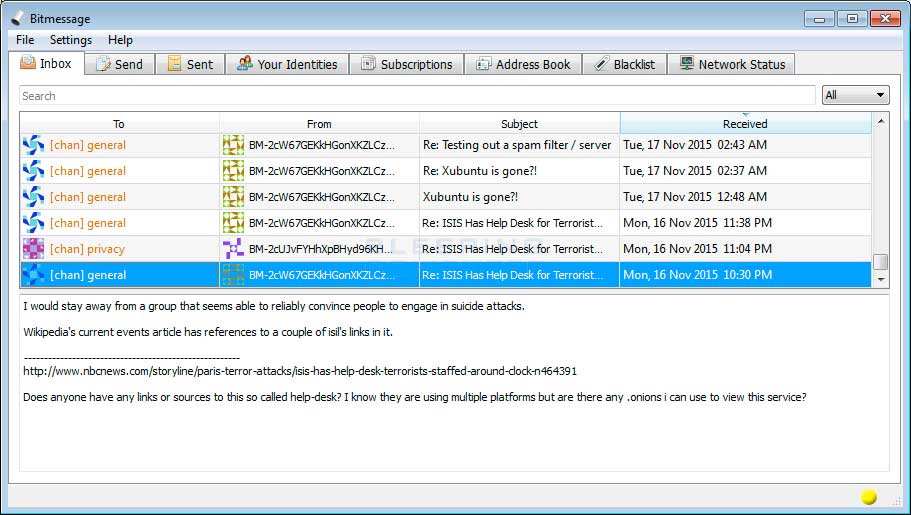

I think we need to confine the discussion in each thread to more specific topics, so that as the activity in the group groups (as I hope it's about to), people can find the discussions that are most relevant to their interests and their work. I personally prefer framework because I find it generic, flexible and accurate.įunny, that's precisely why I don't think it's the right word here. That's true, but the focus of the discussion is mainly on the re-usability of the protocols used in said apps, is it not? * a platform has the least (of those some of these projects are literally protocols, and others are apps (although they may contain protocols). So in terms of degrees of freedom for independent development: * I see some differences of opinion on platforms, but to me, and platform is an all-embracing, usually centralized, system, that will usually be developed on a framework, using a protocol, but you are usually stuck using the platform's implementations of the framework and the protocol. * we and others are developing similar frameworks for the ActivityPub and SSB protocols. * so for example, with Holochain, we are creating a framework that will run top of Holochain the protocol, that we and others can use to develop economic network apps.
#BITMESSAGE KEY.DAT SOFTWARE#
* a framework is usually a set of software components that people can use to develop applications. * a protocol usually has some software that runs it, but if it is really a protocol, many independent software components can run and interact with each other using the protocol. Many independently-developed Web servers and clients and pages use the protocol. * a protocol usually has a specification, and if you can follow the specification, you can use the protocol. The differences in my mind between protocol, framework, and platform include: This would mean that the "value" of any system would change depending on who was asking, their location, and the time parameters." In fact, using machine learning, accounts could become sophisticated probabilistic models for what might happen depending on how things around them change. Each cell could be an algorithmic representation of the obligations and dependencies that it represents. There is, for example, no reason that every entry in our books needs to be a number. "Today, we have the technology and the computational power to create a system of accounts that could retain and deal with a lot of the complexity that the current system was designed to avoid. The simplest version of this model would mean that the more money you had, the happier you would be, which Daniel Kahneman and Angus Deaton argue is true up to about $75,000 a year in annual income. The economics notion of consumers making financial decisions to maximize "utility" as a kind of proxy for happiness is another example of how the notion of a universal system of "value" oversimplifies its complexity-so much so that the models that assume that humans are "economically rational" actors in a marketplace simply don't work. I came across this thinkpiece written by Joichi Ito, formerly the director of the MIT Media Lab on a drastic reform of modern accounting.


 0 kommentar(er)
0 kommentar(er)
